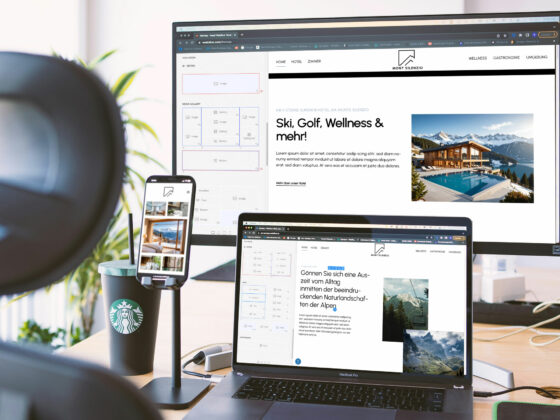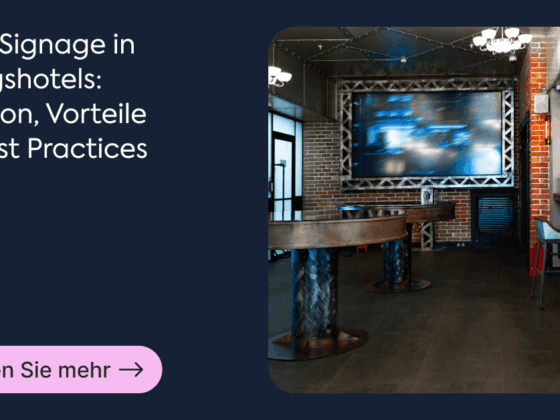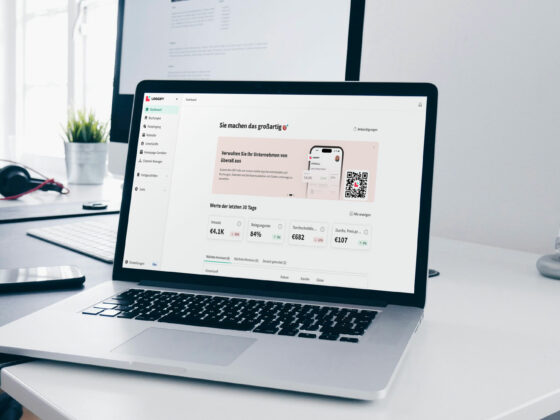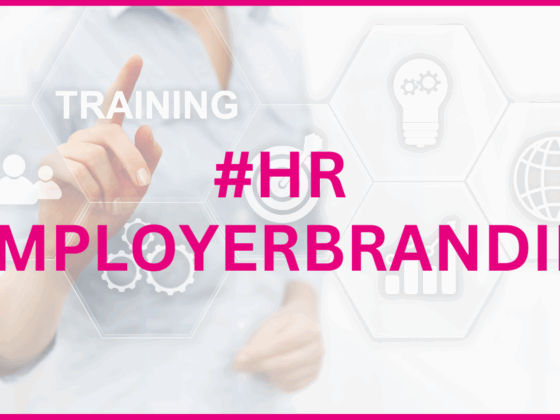In today’s digitized age, Big Data means Big Money. This is why the stock market values of Online Travel Agents (OTAs) are many times that of even the biggest hotel group, even though none of them owns a single hotel. To give an example, the parent company of booking.com, Booking Holdings Inc., was worth $97.73 billion as of 16 May 2023, whilst Marriott International – the world’s largest hotel chain – was worth just over half that figure at $53.48 billion, despite owning 7,887 properties (1).
Why is it that the OTAs are beating the hotels at their own game and enticing so many guests away from direct bookings? A primary reason is a failure on the part of hotels to access and leverage Big Data in ways that would give them a competitive edge over the OTAs. And the cause of this failure is simple: most hotel IT stacks are built and configured in a manner that makes it impossible to collect and profit from Big Data effectively.

Dr. Michael Toedt, CEO of dailypoint, elaborates. “The perennial problem with the average hotel tech stack is lack of connectivity and centralization. Guest data is collected and stored individually by the many systems within the stack, some of which may still be on-premise whilst others are in the cloud. The inevitable result is the existence of multiple guest profiles sitting in isolated silos – meaning the data cannot be centralized, cleansed and used to create valuable insights for marketing and customer service purposes.
“Our own research has found that some hotels have as many as 30 profiles for the same guest stored across disconnected systems that cannot ‘talk’ to each other (3). Sometimes known as a ‘spaghetti’ or even a ‘Frankenstein’ IT stack, this has serious data privacy compliance implications for the hotel as well as precluding the creation of personalized communications, special offers and onsite services. In other words, they are stuck in a digital rut and cannot get out.”
The irony of the situation is that hotels are actually much better-placed to collect data about their guests than the OTAs. With the customer physically there on the premises and undergoing a multitude of IT and staff interactions before, during and after their stay, the hotel can find out all manner of details about the guest’s likes, dislikes and preferences – data that may never be available to the OTAs. Things like how the guest uses room service or the in-room minibar, the times and days they use the spa or gym, and their favorite drinks or food items from the restaurant menu. Online reviews offer equally critical insights.
There is a massive opportunity here to collect all these pieces of data, bring them together and, over time, transform them into a complete picture of each guest. But without the existence of a single, clean guest profile – also known as the Golden Record – this simply cannot be done. Another point of irony is that many hotel guests are only too happy to volunteer information about themselves in return for an individualized experience – almost 50% according to a 2021 study by IHG Hotels & Resorts voco hotels (4).
Says Dr. Michael Toedt: “If they are to compete effectively with the OTAs, hotels need to bring their IT stacks into the 21st century. That means harnessing the joint powers of artificial intelligence (AI), machine learning and automation to give guests the personalized services and experiences they crave, whilst improving and streamlining operational, marketing and reporting processes. The key to all this is, of course, Big Data – and the only way to achieve it is through an IT solution centered on Central Data Management (CDM) supported by Data Quality Management (DQM).
“To put it another way, it is time to move the center of the tech stack away from the PMS, CRM, CRS, IBE or whatever platform might be its focal point right now. Only by implementing a modern CDM system, such as the award winning dailypoint 360°, along with a robust DQM like the dailypoint Data Laundry, can the Golden Record for each guest be created, cleansed, maintained and ultimately used to produce the insights needed for personalization at each stage of the customer journey.
Impacts of basing the IT stack around the PMS versus the dailypoint:

“The proportion of direct versus OTA bookings has noticeably fluctuated during and after the COVID-19 lockdowns – and the balance currently seems to be swinging back towards the OTAs. Hotels must act now to respin their IT stacks so they can escape from the digital dead end and move forward successfully in today’s complex and competitive environment.”
***
Like to know more about Big Data and the hotel industry?
For a more detailed exploration of the issues discussed in this blog, please read our new White Paper: ‘Is your hotel stuck in a digital cul de sac? How to leverage Big Data and outshine the OTAs.’ You can download it for free here.
Source:
- Google.com/finance. Search conducted 16 May 2023.
- The 15 largest hotel chains in the world. April 2023.
- Hotel Business. IHG: High-quality service top priority for 78% of global travelers. December 2021.

About the author
Dr. Michael Toedt is one of the most renowned experts in the field of Big Data and CRM. He received his doctoral degree on the subject of CRM, respectively “The influence of communication on sales performance in the luxury hotel industry” from the University of Latvia. He lectures at the University of Applied Sciences in Munich about CRM & Hotel Technology for Bachelor- and Masterclasses as well as at Hotellerie Suisse in the NDS Management Program. Michael Toedt writes articles for international magazines and online platforms on a regular basis. Among others, he wrote the official CRM guide of the Austrian Hotel Association and the book “Big Data”, which has become a standard work for the topic of Data Management. He was elected by the HSMAI as one of the “Top 20 Extraordinary minds in Sales & Marketing” in 2016.
All his publications can be found here.







